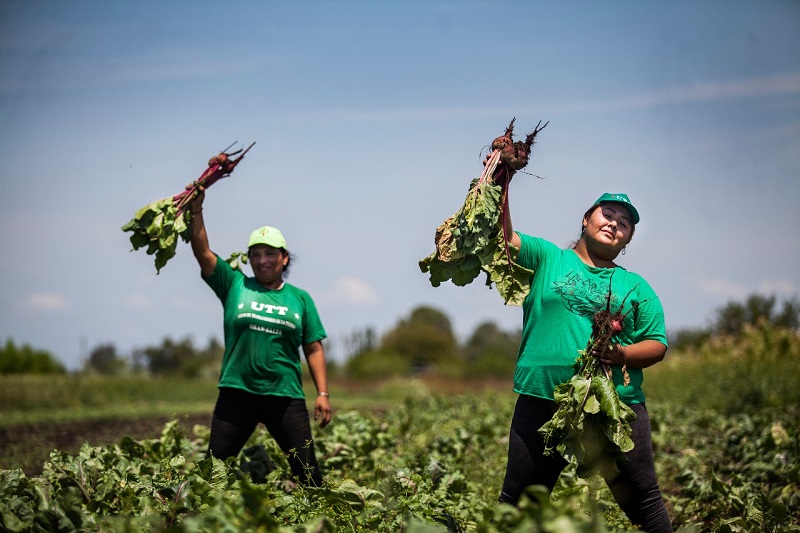October 3, 2021
Synthesis Report on Civil Society experiences regarding the use and implementation of the Tenure Guidelines and the challenge of monitoring CFS decisions.
A Contribution of the Civil Society to the Global Thematic Event during the 43rd Session of the Committee on World Food Security (CFS) and to developing an innovative mechanism for the monitoring of CFS decisions and recommendations.
Year of publication: 2016
Pages: #52 pp.
Drafting team:
Delphine Ortega-Espès – Movimiento Nacional Campesino Indígena (MNCI)/Vía Campesina Argentina
Moenieba Isaacs – Institute for Poverty, Land and Agrarian Studies (PLAAS), University of the Western Cape, South Africa
Shalmali Guttal – Focus on the Global South, Thailand
Publisher: Working Group on Monitoring of the Civil Society Mechanism (CSM) for relations with the Committee on World Food Security (CFS)
Abstract: This synthesis report summarizes the results of a broad consultation among small-scale food producers and other civil society organizations (CSOs) around the globe on the use and implementation of the Voluntary Guidelines on the Responsible Governance of Tenure of Land, Fisheries and Forests (henceforth “the Guidelines”).
Small-scale food producers rely on access to and control over natural resources such as land, including farmland, forests, grazing land and fishing grounds, for the realization of their human right to food and nutrition, their survival and livelihoods. However, a huge number of them face obstacles and threats to this access and control over natural resources. In many countries, land and resource grabbing and the privatization of nature (including in the context of large-scale agricultural land acquisitions and large-scale development and investment projects) result in forced evictions, mass displacement, food insecurity and human rights abuses and violations.
In this context, the Guidelines are an unprecedented international agreement and provide practical guidance to improve governance of tenure of land, fisheries and forests based on human rights, with an emphasis on vulnerable and marginalized people. Since their unanimous approval by the CFS member states in 2012, various actors have engaged in a broad range of activities around the world in order to promote and ensure their implementation.
Monitoring the use and application of the Guidelines as well as their contribution to the improvement of tenure governance is an important part of their implementation.
